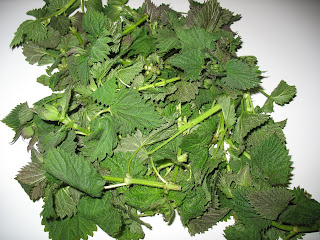
The Coalition of Immokalee Workers, a group advocating for the rights of agricultural workers in southwest Florida, has stepped up its campaign to get Burger King to agree to pay an extra penny a pound for tomatoes, so the pickers can earn a better wage.
A penny a pound doesn't sound like much, but for these tomato pickers--whose wages haven't increased appreciably since the 1970's--it can make the difference between a living wage and a near-starvation wage.
It's hard to imagine that a penny a pound would add up to much for Burger King, which claims to be concerned about the issue, and has expressed a willingness to do something, as long as that something doesn't involve adding a penny to the price of a pound of tomatoes.
Burger King has donated $25,000 to another organization addressing the needs of migrant workers in South Florida, a sum that could have covered the price increase on two and a half million pounds of tomatoes.
I can't possibly get inside the heads of the Burger King executives, but they must be concerned about opening the door to this kind of activism. If they give in to the tomato pickers, then their own workers might organize as well.
It helps Burger King's cause that the Florida Tomato Growers Exchange has threatened a $100,000 fine against any of its members who meet the Immokalee Coalition's demands.
Maybe I'm naive, but it seems to me that a penny a pound has got to be cheaper than all this negative publicity. Unless, of course, you're afraid of paying fair wages to everyone.





